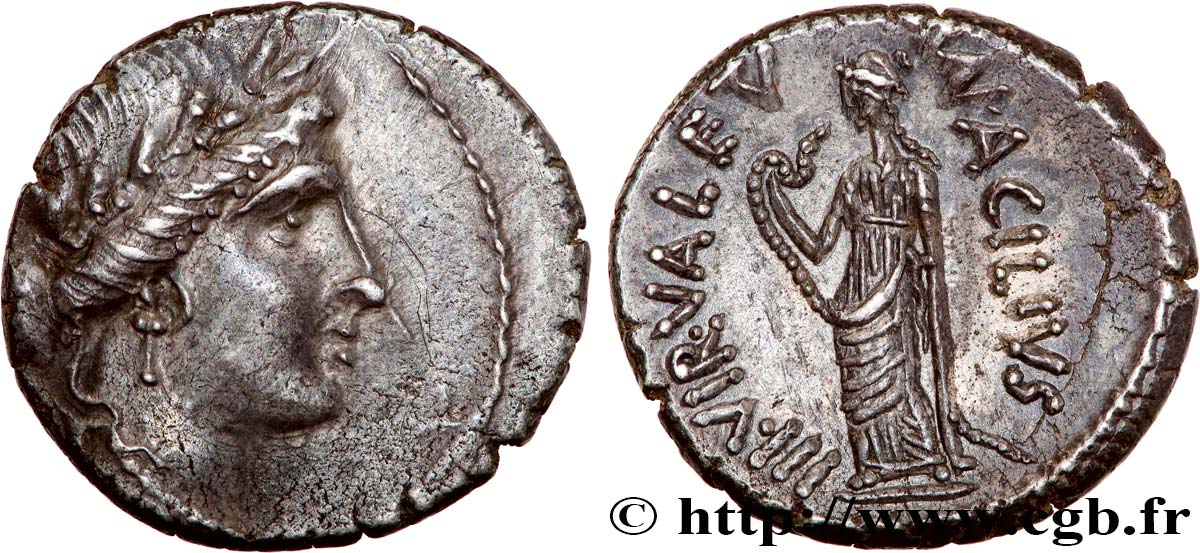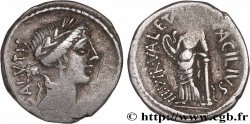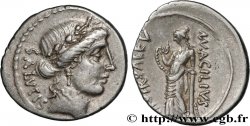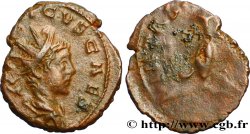Live auction - brm_705696 - ACILIA Denier
You must signin and be an approved bidder to bid, LOGIN TO BID. Accounts are subject to approval and the approval process takes place within 48 hours. Do not wait until the day a sale closes to register. Clicking on "BID" constitutes acceptance of the terms of use of cgb.fr private live auctions.
Bids must be placed in whole Euro amounts only. The sale will start closing at the time stated on the item description; any bids received at the site after the closing time will not be executed. Transmission times may vary and bids could be rejected if you wait until the last second. For further information check the Live auction FAQ
All winning bids are subject to a 18% buyer’s fee.
All winning bids are subject to a 18% buyer’s fee.
| Estimate : | 500 € |
| Price : | 275 € |
| Maximum bid : | 500 € |
| End of the sale : | 07 December 2021 14:51:13 |
| bidders : | 1 bidder |
Type : Denier
Date: 49 AC.
Mint name / Town : Grèce ou Illyrie
Metal : silver
Millesimal fineness : 950 ‰
Diameter : 16,5 mm
Orientation dies : 6 h.
Weight : 3,89 g.
Rarity : R1
Coments on the condition:
Superbe exemplaire sur un flan très légèrement décentré au droit mais idéalement centré au revers. Revers de toute beauté, finement détaillé. Portrait de très bon style. Patine grise de collection
Catalogue references :
Obverse
Obverse legend : [SALVTIS].
Obverse description : Tête de Salus (la Santé) laurée à droite.
Obverse translation : “Salutis”, (de la Santé).
Reverse
Reverse legend : MN ACILIV[S]/ III VIR VALE()TV.
Reverse description : Valetudo (la Santé) debout à gauche, appuyée sur une colonne de la main gauche et tenant un serpent de la main droite.
Reverse translation : “Manius Acilius Triumviri Valetudinis”, (Manius Acilius triumvir monétaire Valetudo).
Commentary
Pour ce type, M. Crawford a relevé une estimation de 651 coins de droit et de 723 coins de revers ce qui pourrait correspondre à une fabrication totale comprise entre un million et demi et trois millions de deniers. C’est l’un des types monétaires qui permit de financer le parti sénatorial au début de l’année 49 avant J.-C. quand ce dernier rejoignit Pompée qui avait quitté Rome.








 Report a mistake
Report a mistake Print the page
Print the page Share my selection
Share my selection Ask a question
Ask a question Consign / sell
Consign / sell
 Full data
Full data










